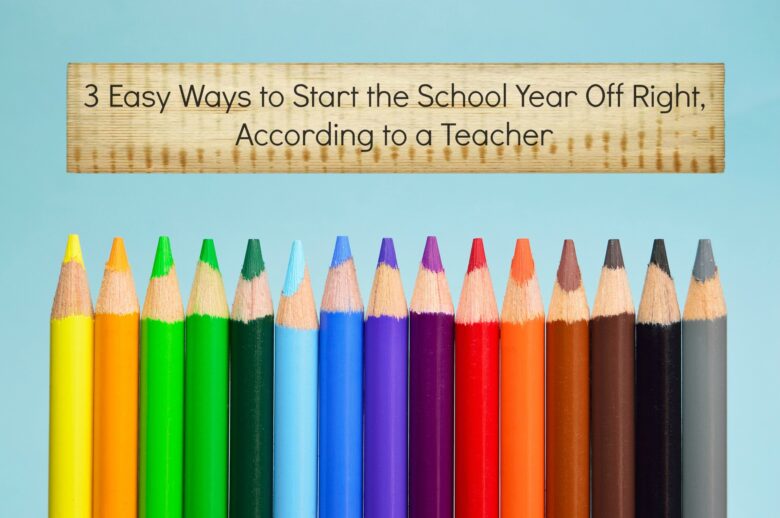Tutor Approved Study Tips for Finals
You’re surrounded by dozens of pages of notes from the last three months, you’re no longer sure what hour of the night it is (or is it morning?), and those two blissful weeks off for winter break feel tortuously far away.
Odds are, this situation sounds uncomfortably familiar. Perhaps you’re that student and you’re feeling the pressure, or you’re the parent of that student and you’re feeling it, too.
Either way, it’s officially finals season, but “finals” don’t need to be synonymous with “cramming everything you supposedly learned this past semester into the night before the one test that counts the most.” Follow these study tips, and you’ll be well on your way to ending this first term with grades that you can be proud of and your sanity still firmly intact.
Plan ahead of time. Be smart about this, but make it realistic. There’s no point in committing to studying one or two hours a day every day if you don’t actually have the time or stamina.

- Take into account all responsibilities you have on your plate after school—sports, extracurriculars, the daily homework you still have, even being the family dog walker. If you set unrealistic expectations for yourself and you fail to reach them, you’re only going to feel worse.
- Instead, commit certain days of the week to studying, figure out what your windows of opportunity are (this is where keeping an updated planner really comes in handy), and block those time frames off for studying. If you realize you have less time to commit than you otherwise would have thought, that’s okay, too.
- A few extra hours of studying ahead of time here and there whenever you can get them will still save you from a few panic attacks later on. That being said, don’t forget to schedule a little time each week for something relaxing! Save most of your downtime for the upcoming break (and I promise, it will come), but keep in mind that it’s just as important to prioritize feeling grounded as it is to study.
Ask for help. From your teachers, from your parents, from your classmates, from us at Sage, don’t be afraid to ask for help when you need it.
- Push aside any feelings of pride, embarrassment, or confusion you have, and go to whomever you feel comfortable asking for help.
- Your teachers are here for you, and after all, they’re the ones who know exactly what will be on the test, so who better to ask than them? Seek out their help in class, during lunch, or after school. If there is anything at all that doesn’t make complete sense to you, however big or small, make sure you get clarification ASAP.
- And if you ask once, but it still doesn’t make sense, ask again! There’s a reason all this new material needs to be reviewed. It isn’t always easy, but you don’t—and shouldn’t—need to figure it all out on your own.
Buddy up … if it truly helps.

- If you need to ask a friend to clarify a math lesson, ask them.
- If you focus better when you study with someone else who can keep you accountable or motivated, then set up a study session and get out the good snacks.
- Another way to take advantage of friends or classmates? Teach them. Often times, teaching the material actually helps you better understand something or commit it to memory. Even pretending to teach your cat could help, as long as your mind is really engaged with the information at hand.
Designate a specific space for studying. Find a place where you feel comfortable and focused.
- Whether it’s your bedroom, the library, a cafe, or at a picnic table in a park, you want to make sure you can go somewhere consistently and feel confident knowing you’ll be able to focus. This way, you condition your brain to associate that space with being productive and getting your work done.
- Most importantly, you’ll want to find or create a space for yourself with little to no distractions so that you can truly take advantage of the time you’re putting aside to study.
And on the topic of eliminating distractions, PUT AWAY YOUR PHONE. You can do it. Really.
- Turn off your wifi connection, put your phone on silent or “do not disturb,” or better yet, power it off completely.
- If you really feel like you need to, put it entirely out of reach somewhere or give it to someone else for temporary safekeeping.
- Remember, you won’t be swearing off Facebook or Instagram forever. Friends and followers will always be there, but your chance to study for finals won’t be.
Don’t sabotage your own time and lose sight of what’s most important right now.
Flashcards are your friends. They’re a classic for a reason. Though they certainly aren’t for everyone, they are a tried and true method of reviewing material.
- Quizzing yourself with flashcards can be both an effective and convenient way of memorizing information, especially if finding one specific study spot isn’t easy for you to do.
- This method is also especially great if you’re a visual learner, and you can customize your material however you see fit.
- Consider making flashcards by hand or through Quizlet, a free online service, and smartphone app.
Whether you create hard-copy or digital cards, you can carry them with you just about anywhere. This makes dividing up your studying easier, especially if your busy schedule doesn’t allow for setting aside big blocks of time.
Take study breaks. Some people may work well by plowing through two solid hours of studying, but not most of us.

- For every half or full hour you’re working, give your brain a break. Get up and stretch, go eat something to refuel, take a power nap (15 to 20 minutes is the recommended sweet spot, but don’t go over), or do anything else that allows you to mentally relax.
- Studying is draining, and it’s important that you pace yourself and keep your energy levels up in a healthy way. Set a specific amount of time for each break. Too short, and you won’t feel ready to get back to the books. Too long, and you’ll lose momentum and motivation.
- Try fifteen minutes of a relaxing activity for every one hour of studying. Keep yourself on track and set a timer for periods of studying and relaxing.
- It’s also generally a good rule of thumb to stay away from your phone, computer, or other forms of tech during your periods of respite. So if you think you’ll be too tempted to stop looking at just one more photo on Instagram after your break is up, find an alternate activity.
Get quality sleep. The reasons for this one are seemingly endless, but you know enough on your own about the difference between a well-rested you and a foggy-brained-and-grumpy you to understand why a good night’s rest is so important. No matter how much information you think you can cram into your brain late at night, it’s not worth the heavy cost, which often includes undoing everything you managed to learn earlier in the day. Trust me on this one, and don’t exhaust yourself. More than anything, you need to be alert on test day.
Just start! This is both the easiest and hardest thing to do.
- Remember that in the end, the best course of action is simply starting somewhere.
- Anything is better than nothing, and as long as you get the ball rolling, you’re headed in the right direction.
- If you feel like this is the point at which you need the most help, reread the above tips.
Come to Sage. Lastly, for assistance with all of these study tips and more, our experienced tutors are here for you! Take advantage of our one-on-one tutoring, bring a friend (or two, or four) to customize your own small-group tutoring, or join one of our special review sessions this coming weekend before finals. For more information about Sage’s specially-created finals study sessions, take a look at our main website page, or shoot us an email.
Most of all, we at Sage Educators wish you a sane and successful end to this semester, as well as very happy holidays! We look forward to seeing you in the new year, with a fresh semester ahead.




